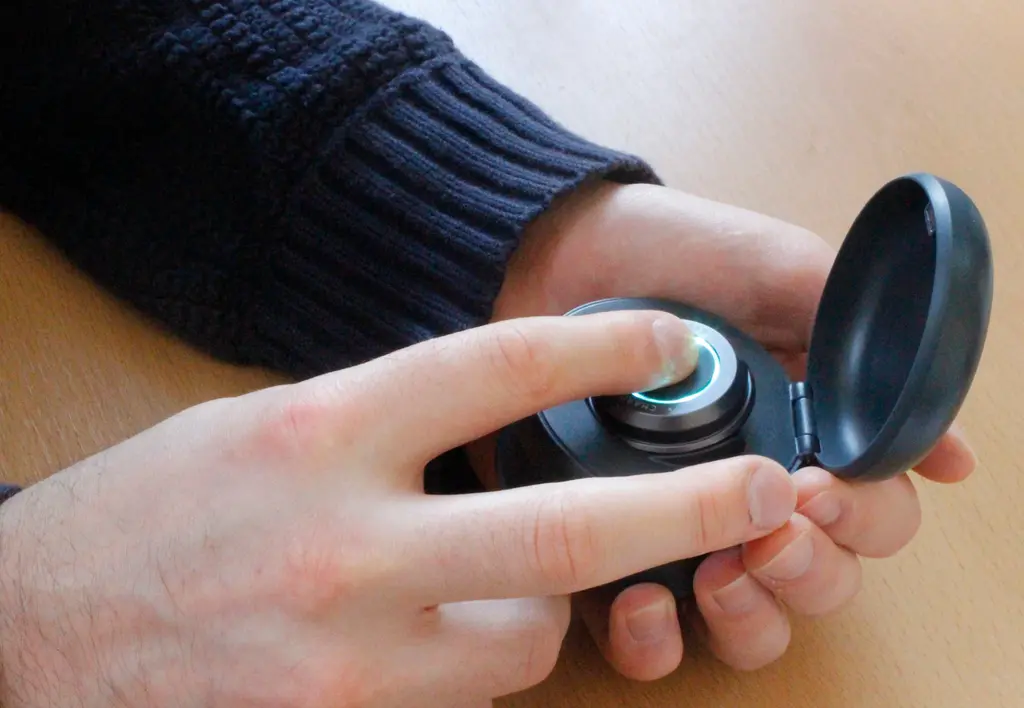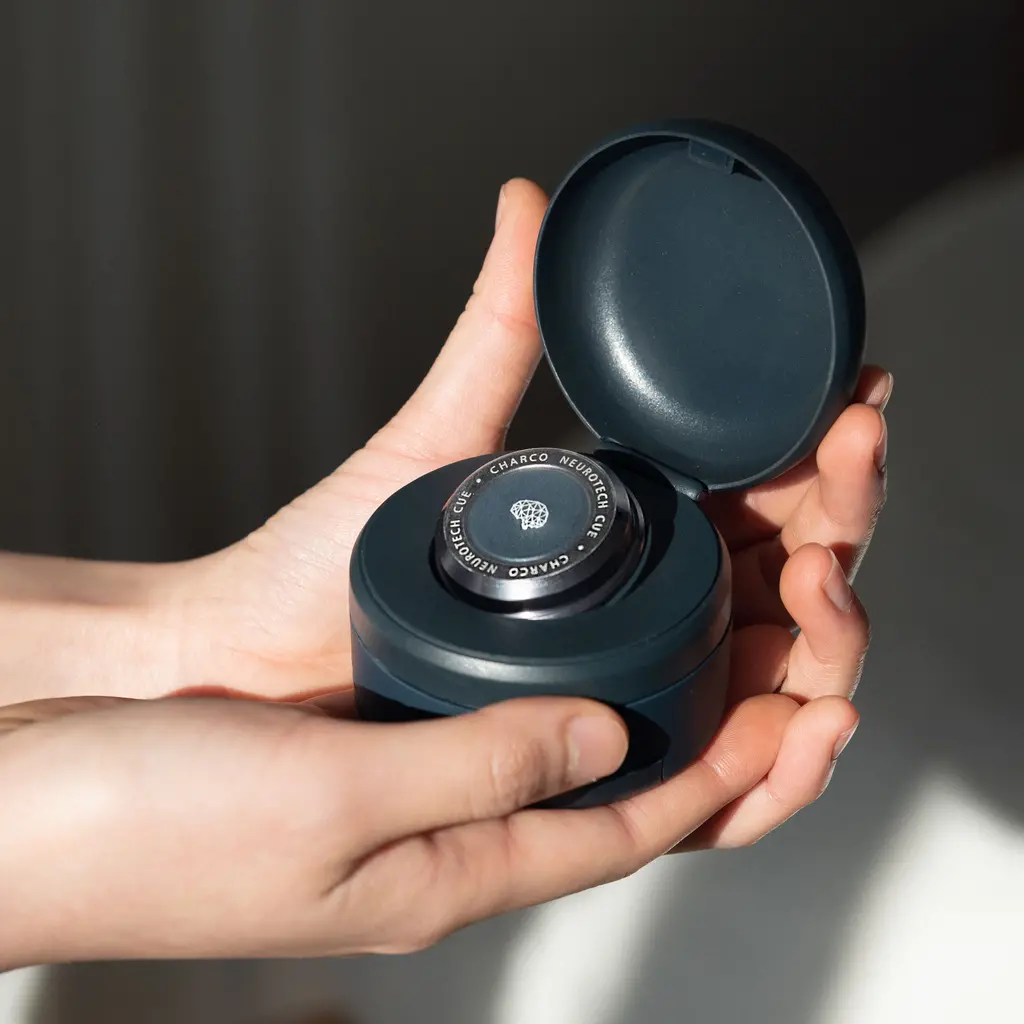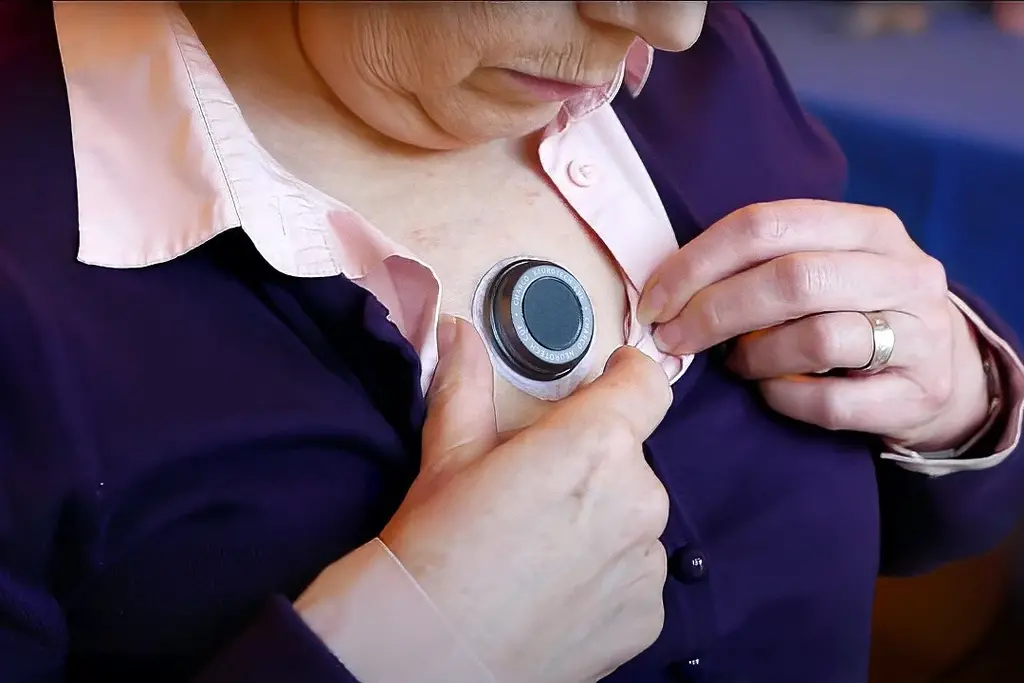Patients with Parkinson's disease often have slow movement and muscle stiffness. New wearable devices developed by scientists can help alleviate these symptoms by buzzing in the user's chest The device, called cue1, is a derivative of Imperial College London charco neurotech Development.
Access:




The device temporarily adheres to the skin on the user's sternum and uses its motor to provide a rhythmic vibration mode. This "focused vibrational tactile stimulation" produces nerve signals that travel to the brain, which are believed to reduce stress in the motor cortex and subthalamic nucleus β Frequency activity. Excessive in these areas β Activity is considered to be the cause of motor control problems in patients with Parkinson's disease.
In addition, the pulse vibration can be used as an externally generated prompt to prompt the user to move. Previous studies have shown that repeated tactile, auditory or visual cues - including the sound of a metronome - can "unlock" the muscles of Parkinson's patients, allowing them to walk or perform other movements. We even saw shoes that projected laser lines onto the floor, prompting the wearer to move forward.
Cue1 can be used as a stand-alone device for button activation, although it can also be used with applications that can be used to adjust vibration intensity and frequency. The application can also be used to provide drug reminders and track Parkinson's symptoms.
The device is planned to retail for £ 295 ($371).